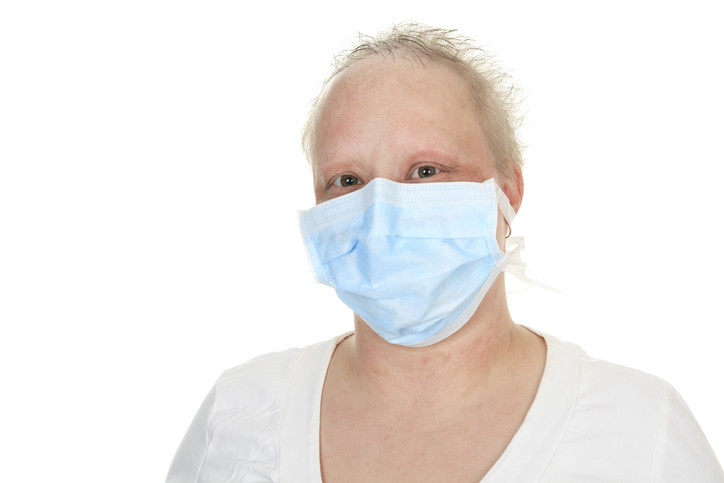If you are a cancer survivor or you are a current cancer patient, you are already aware that your immune system is not as strong as it once was. According to the American Cancer Society, “People with cancer have a higher risk of infection because of changes in the immune system that control their body’s defense systems.” The National Cancer Institute (NCI), states that, “Some cancer treatments such as chemotherapy can weaken your immune system (cause you to be immunocompromised) and you may increase your risk for severe illness from COVID-19.”
NCI suggests that those who have had cancer in the past be extra vigilant in avoiding infection by adhering to CDC guidelines to slow the spread of the virus. These include:
- Avoid touching your eyes, nose, and mouth.
- Washing your hands often, for at least 20 minutes with soap, under warm running water.
- Stay at home when possible. If you must go out, wear a cloth face covering and practice social distancing, staying at least 6 feet away from other people when in public.
- Clean and disinfect high touch areas often.
If you are currently receiving cancer treatment, NCI suggests that you discuss your treatment options with your healthcare provider as, “The risk of missing a cancer treatment or medical appointment must be weighed against the possibility of exposing a patient to infection.”
To speak with a healthcare provider at Primary Medical Care Center & Urgent Care Clinic to assess any non-emergency health concerns, including suspected COVID-19 symptoms, please call (305)751-1500 for our Miami-Dade clinic or (954)289-0000 for our Broward clinic. For life-threatening emergencies, always call 911. For coronavirus updates and resources, please visit our website at www.primarymed.com.
https://www.cancer.gov/contact/emergency-preparedness/coronavirus
